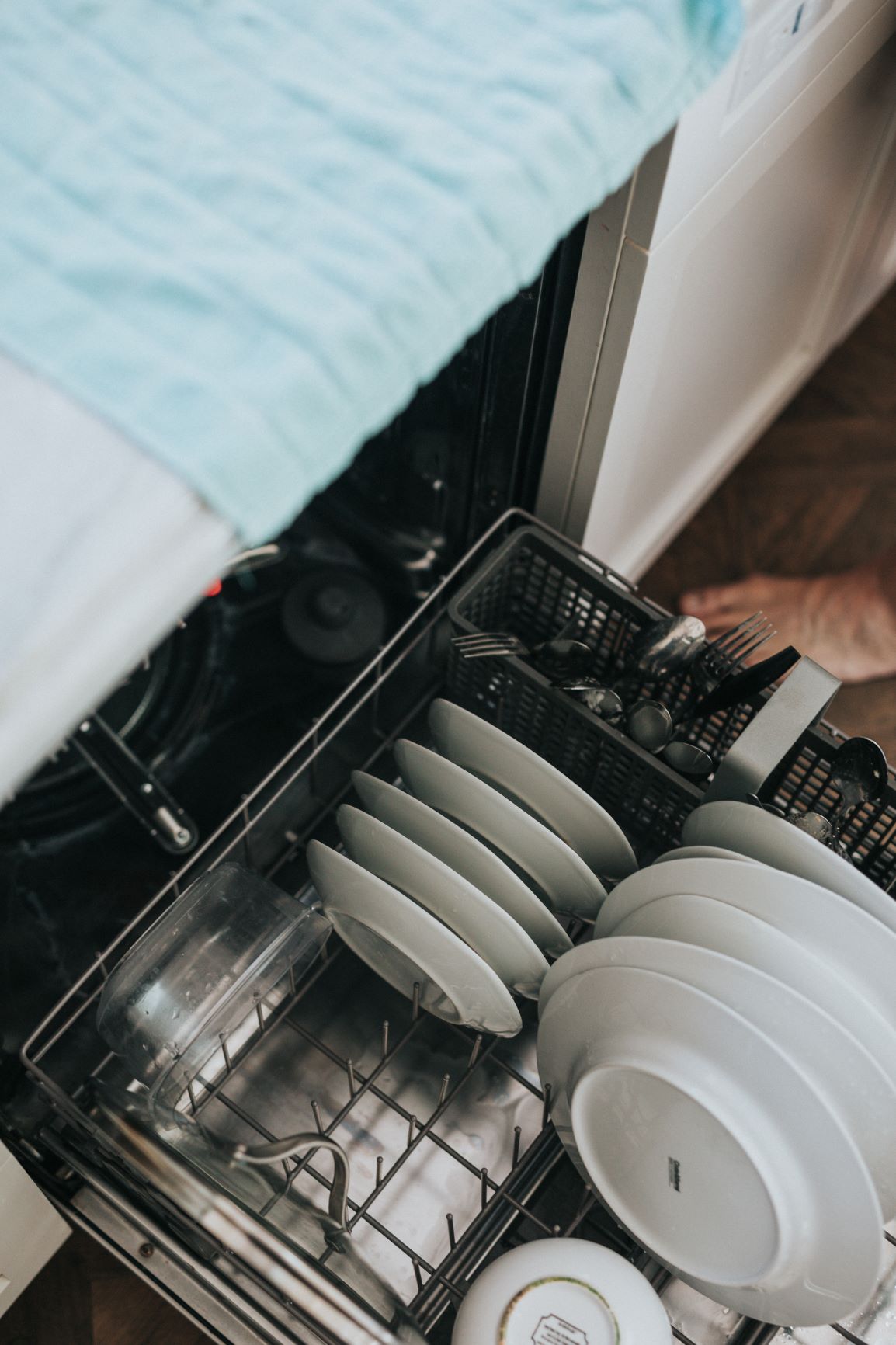My partner finds the way I load the dishwasher so irritating he has to reload it. I was telling my friend about it and she said to me “well, you know, we all find different things unacceptable” and I laughed and said, “that’s my next blog post, thanks!”
So why do we find different things unacceptable? Let’s explore…
What kind of things are unacceptable to you?
Here are five things I find unacceptable:
- People taking advantage of others- physically, emotionally or mentally in the form of bullying, discrimination, harassment or any other kind of abusive behaviour
- Unreasonable demands on myself or others
- Ghosting or being late with no reason, explanation or note to say so
- Lying, gaslighting or similar
- Dog owners not picking up after their dog (a current issue we’re having!)
What do others find unacceptable?
Let’s start with the big stuff: there are some things that the majority of us find completely unacceptable such as racism, bigotry, abusing others etc but even then, some people think it’s ok. Thankfully, there are repercussions for these things.
Then there are the things we find socially unacceptable like dog mess outside the school entrance or lying. There are no real repercussions for these but as a general rule, you’ll be called out if somebody catches you.
What about those things that we generally believe to be unacceptable but that we often tolerate, like staying in a toxic environment, not standing up for ourselves or speaking out.
Finally, there’s the small stuff – like loading the dishwasher or not putting laundry *in* the laundry basket which ultimately is irritating but isn’t the end of the world!
Learning what’s acceptable or not
For me, I think it comes down to a combination of what’s important to us i.e. our values and our upbringing. That’s where we learn what’s acceptable and what isn’t. It defines our moral compass. If you have been brought up in a toxic environment, for example, that becomes your normal. It’s not until someone else tells us or shows us that it’s not ok that we start to question what we do/don’t find acceptable.
I think the other thing to recognise is that we all have drivers, again often gained in our childhood and they can be things like:
- Busyness driver
- Perfection driver
- Punctuality driver
I have a punctuality driver. So for example being late (without letting the other person know) is unacceptable to me. It’s a common courtesy that takes no time at all with all the technology we have at our fingertips. My partner doesn’t have this and so has no qualms in turning up an hour late! We manage it by me telling him we need to leave earlier than we actually do and also reminding myself that things happen and sometimes people are late. He has a perfectionist driver (that I don’t have) and we manage that by him reloading the dishwasher after I have done it haha!
Trust your intuition
How many of us were taught as children not to answer back, or not to question an elder for fear of being/seeming disrespectful? To be seen and not heard? How many of us were told to do something ‘just because’ and so didn’t listen to our own intuition, suppressing it down because how could we be right? I was brought up in an environment where you didn’t question what was happening for fear of how you might be judged and it led me to stay silent for many years.
Our intuition can guide our own behaviour to know what’s unacceptable or not. We might feel guilty afterwards or have a nagging feeling that something isn’t right. Similarly, our intuition can alert us to how we feel about others’ behaviour. Take some time to tune in. It gets easier, I promise!
How does all this hold us back?
When we don’t trust our intuition or if we don’t know why we find things acceptable or unacceptable it stops us feeling like we can trust ourselves. We might see toxic and/or inappropriate behaviour going on in the workplace, or inequality of pay or treatment of different people but feel afraid to say anything or confused (and then beat ourselves up).
It might manifest in an inability to create or maintain our own boundaries or to step out of our comfort zone for fear of what might happen or what others might think or say to/about us.
Ultimately what we find acceptable or not, comes down to what we believe about ourselves and others. It comes from the input of the people who raised us and whose opinion we consider to be important and from our own inner sense of what’s right and wrong for us.
Dealing with unacceptable behaviours in others
There’s a big difference in something being wrong/unacceptable and different. It’s ok to be different or to do things differently and we should be able to do things our own way (assuming no negative impacts on ourselves or others). Conversely, it can be life-changing to be open to seeing others’ perspective and challenging our own perceptions of what’s acceptable to us. But if you truly see behaviour that you believe to be unacceptable then tell someone else, get their perspective and if need be, have the courage to call it out.

